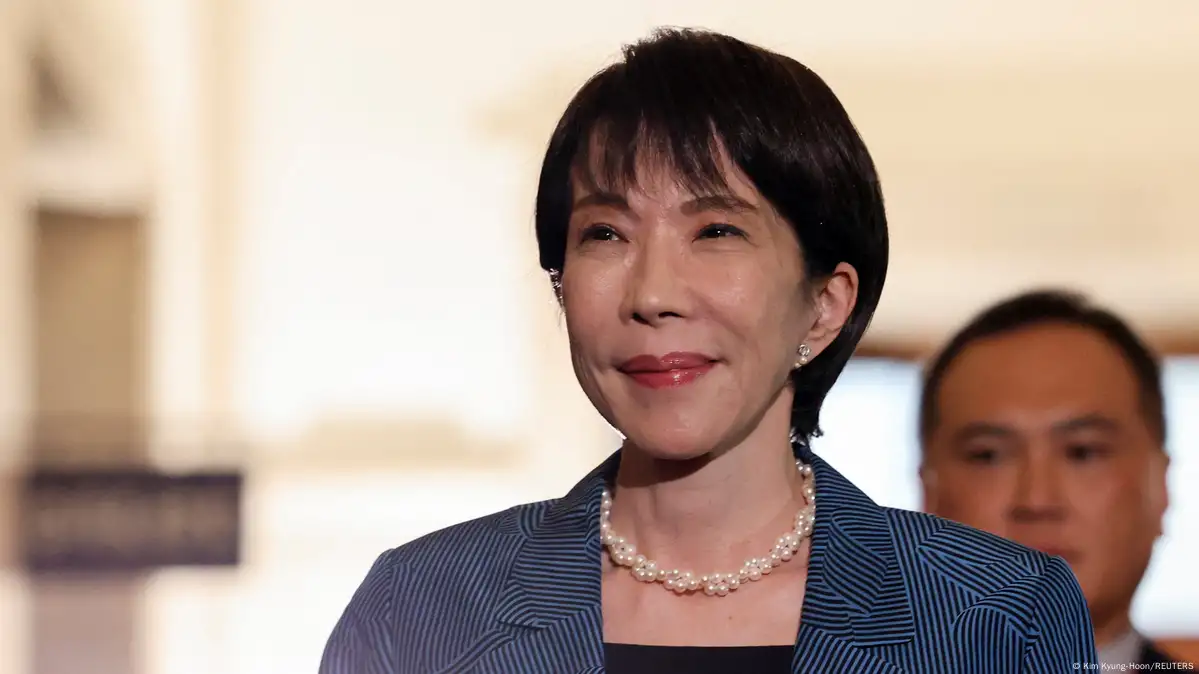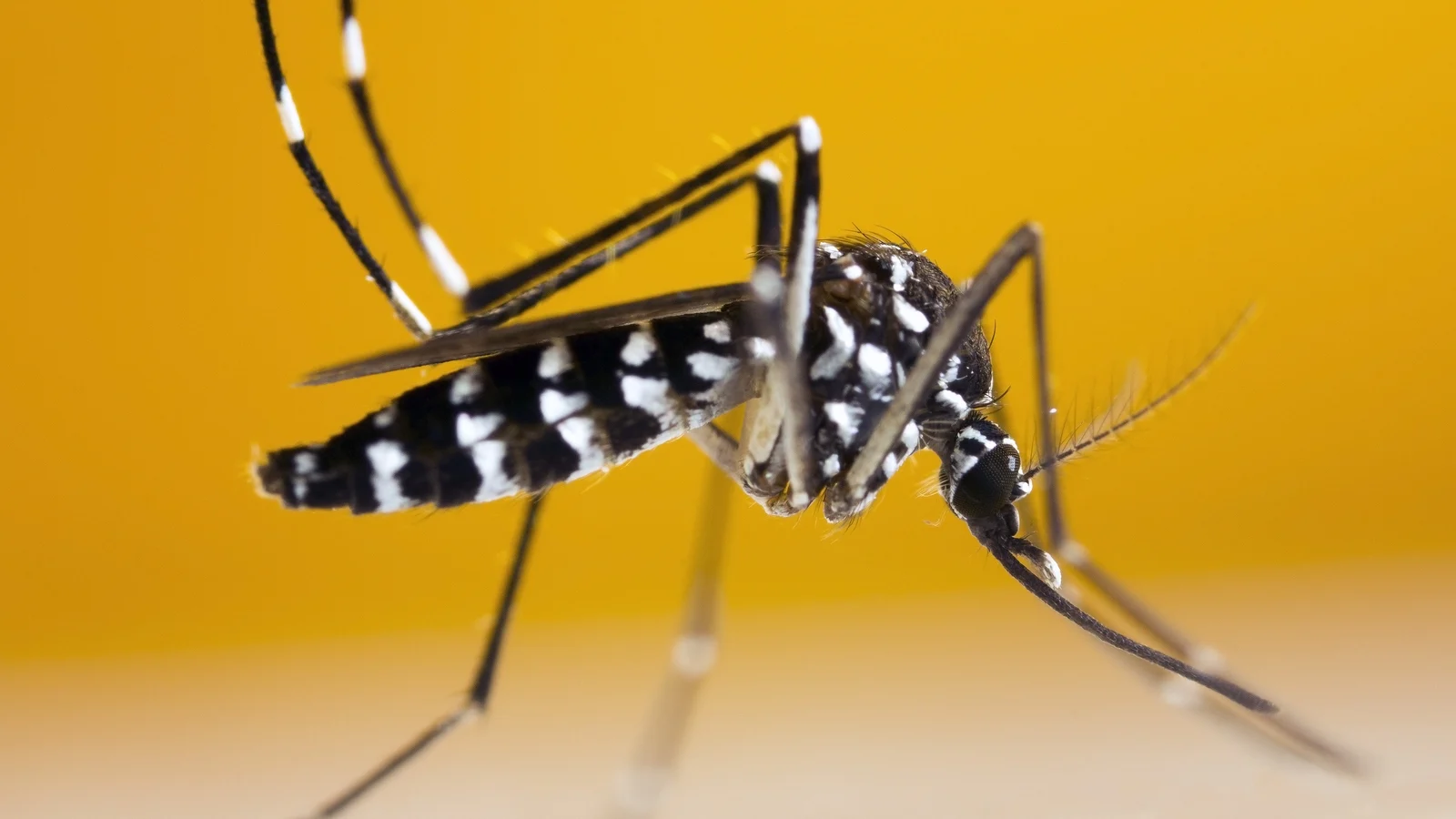Historic Moment: Japan Elects Its First Woman Prime Minister, Sanae Takaichi, Amid Fragile Coalition

Lawmakers in Japan elected hardline conservative Sanae Takaichi as prime minister on Tuesday, marking her as the first woman in modern times to lead the key U.S. ally.
At 64, Takaichi, the new leader of the ruling Liberal Democratic Party (LDP), secured her position with a 237-149 vote in the lower house of parliament, defeating her closest rival, Yoshihiko Noda, leader of the opposition Constitutional Democratic Party. She was subsequently confirmed in the upper house by a vote of 125-46 after narrowly missing a majority in the initial round.
Takaichi’s election is a historic milestone in a country where female representation in government remains limited. However, she assumes office amid a fragile coalition and faces several pressing challenges, including an upcoming visit by U.S. President Donald Trump.
A protégé of the late former Prime Minister Shinzo Abe, Takaichi champions a stronger military stance, stricter immigration policies, and the revision of Japan’s pacifist constitution. A seasoned politician, she has held key ministerial roles, including economic security, internal affairs, and gender equality.
Earlier this month, Takaichi was elected leader of the LDP after previous unsuccessful bids in 2021 and 2024. In her victory speech, she emphasized her dedication, stating, “I myself will throw out the term ‘work-life balance.’ I will work and work and work and work and work.”
Her rise to prime minister faced uncertainty when the centrist Komeito party exited the LDP coalition. To secure her position, the LDP formed a new alliance with the Osaka-based Japan Innovation Party (Ishin), shifting the coalition further to the right.
Despite this, Takaichi confronts a challenging parliamentary landscape, lacking a clear majority in both houses following significant LDP losses in recent elections amid public dissatisfaction over party corruption scandals and rising living costs. This precarious position raises questions about the longevity of her premiership, reminiscent of her predecessor Shigeru Ishiba, who served for just one year.
“She emerges from this a diminished leader from the get-go,” remarked Jeff Kingston, professor of Asian studies and history at Temple University’s Japan campus.
Takaichi also faces an immediate test with President Trump’s forthcoming visit, his first trip to Asia since returning to office. His itinerary includes Malaysia, Japan, and South Korea, where a major Asia-Pacific economic summit will take place.
Kingston noted, “She doesn’t have a whole lot of time to get ready for a slew of diplomatic activity. But I think job one is the Japanese economy.”


